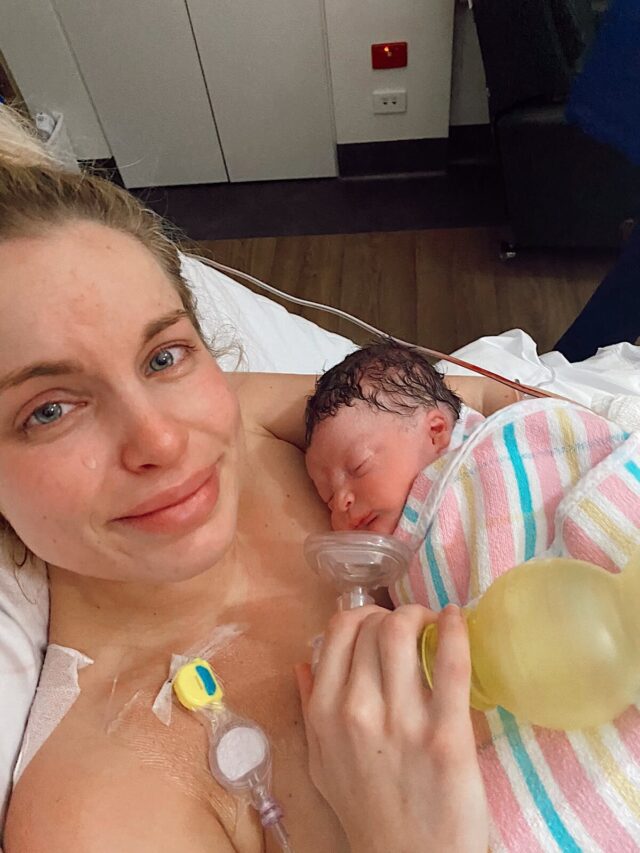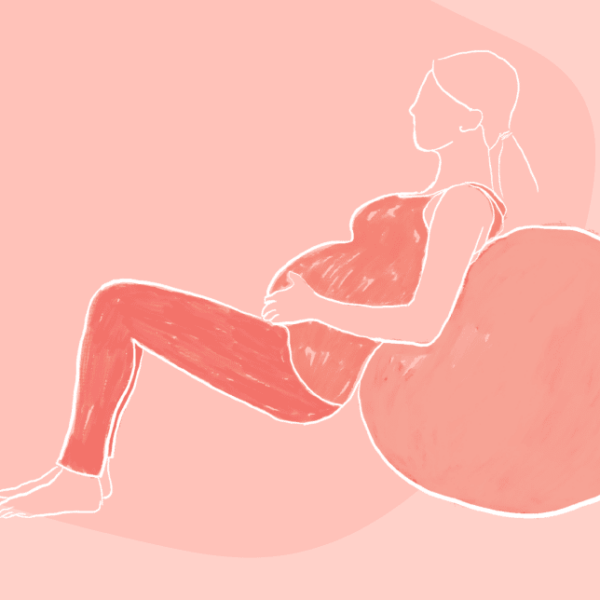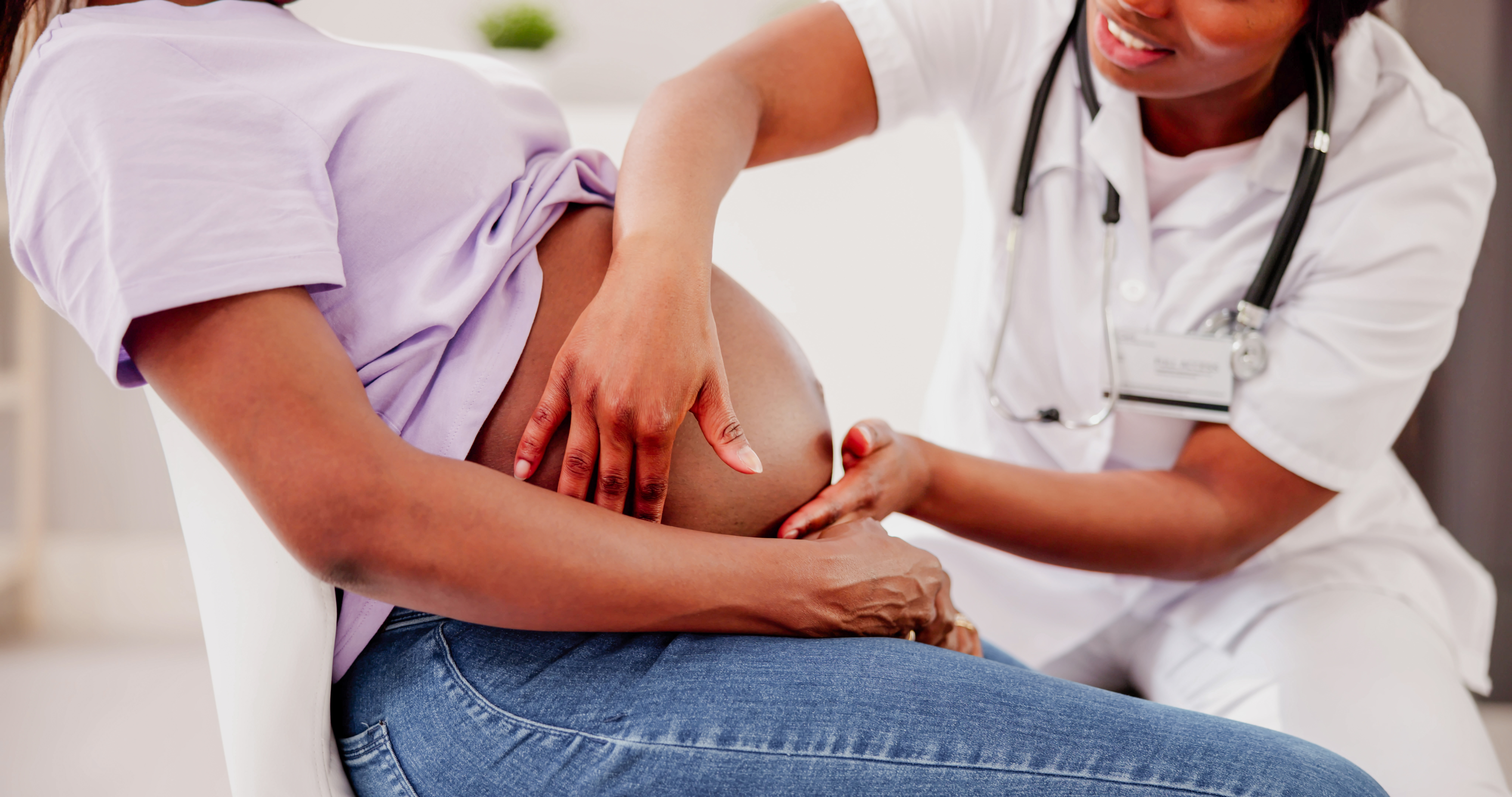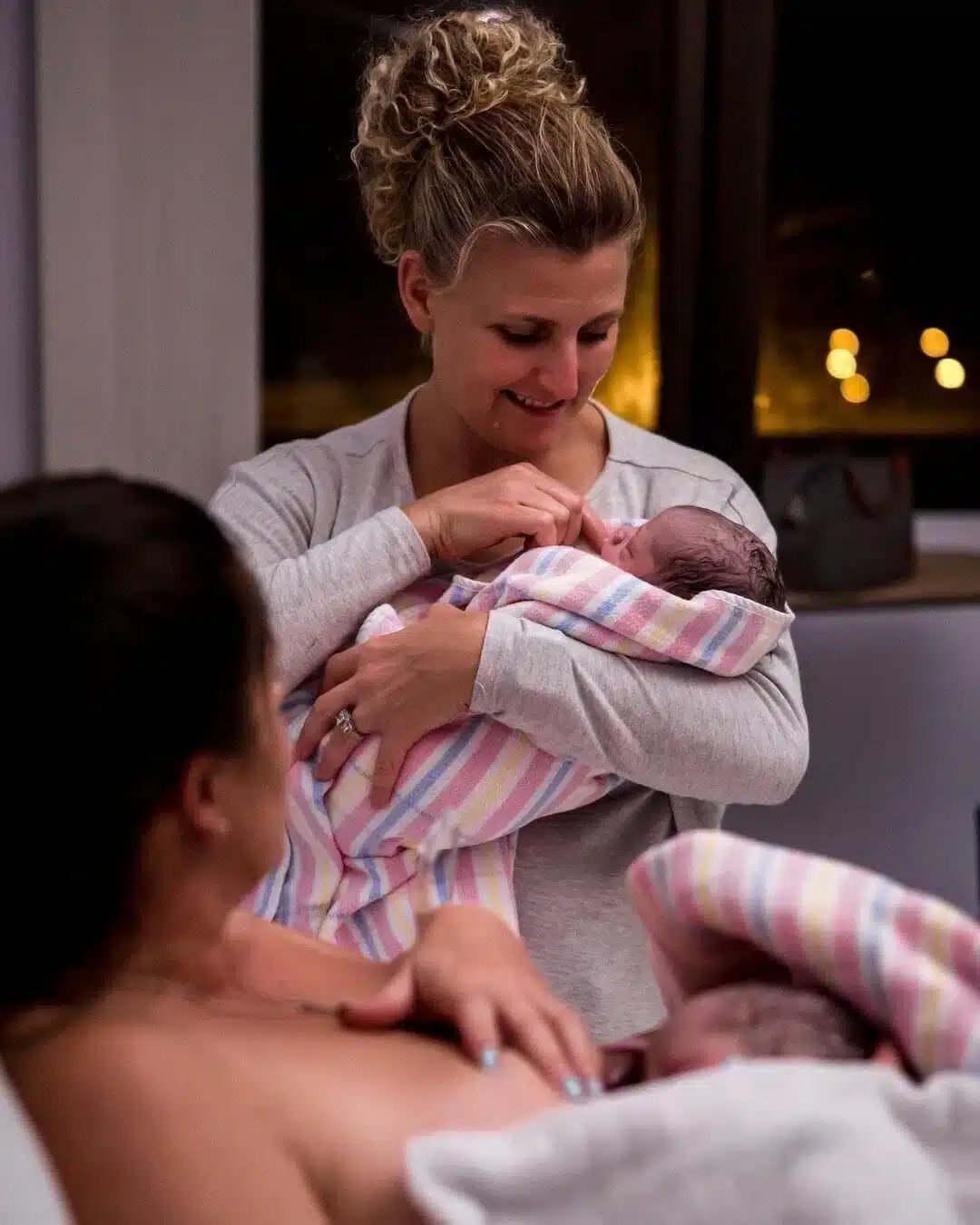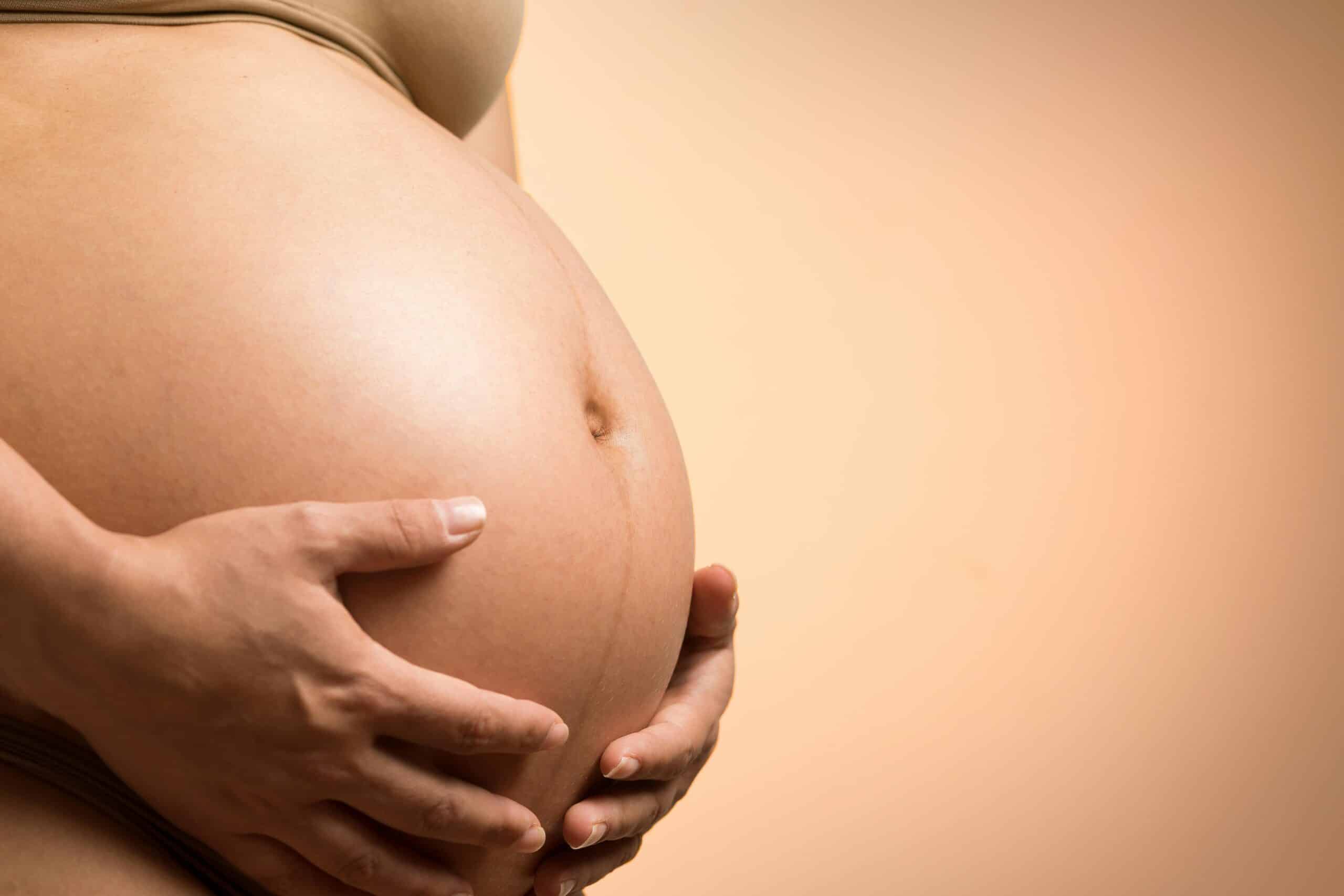Pregnancy Pregnancy After Miscarriage: What you need to know
Pregnancy After Miscarriage: What you need to know

If you’ve experienced a miscarriage, you may have a lot of questions, including how long you should wait until you try again. What are the odds of miscarrying again? When is the best time to get pregnant? When will my period return after a miscarriage? From miscarriage recovery to conception timing, here’s our guide to pregnancy after miscarriage.
Miscarriages are common experiences but that doesn’t make them any less heartbreaking. If you’re recovering from a miscarriage, we’re sorry for your loss. It’s important to note that every pregnancy ends in a birth of some kind and what follows is a postpartum period where you may experience a range of emotions. There’s no one way to navigate the weeks and months after a miscarriage so we encourage you to take really good care of yourself.
How long after a miscarriage can you try again?
The right time to conceive after a miscarriage is very much dependent on your own experience. Your feelings on when to conceive are personal and they may shift from day to day; some women deeply crave a successful pregnancy immediately after a miscarriage whereas others feel that they need a rest – both physically and emotionally – from trying to conceive (TTC). Most women are advised to wait at least one full menstrual cycle before trying to conceive again and this is mostly due to dates; it’s easier to work out dates for your subsequent pregnancy if you know when you last menstruated.
If you have experienced pregnancy losses that were very early and didn’t require medical or surgical treatment, you may want to talk to your GP to seek their advice and reassurance as everyone’s circumstances are different. We encourage you to do this in the month after a miscarriage. While recurrent miscarriages aren’t overly common, they’re not rare either. Generally speaking, your GP will refer you to a fertility specialist if you have experienced two to three miscarriages. They’ll be more inclined to refer you sooner rather than later if you or your partner have underlying health conditions that may be contributing to recurrent miscarriages.
What are the causes of miscarriage?
One in four pregnancies in Australia end in miscarriage. Early miscarriage is defined as a pregnancy loss before 12 weeks gestation.
Unfortunately, it’s rare to be given a definitive reason for your miscarriage. The unknown in this situation can be really challenging and many women admit to feeling worried and anxious because of this. “I just want to know why!” is a common sentiment. Miscarriages that occur before 12 weeks gestation may be due to the following:
- developmental issues with the embryo, commonly missing or extra chromosomes. The reason the risk of miscarriages falls to five percent at 12 weeks gestation is because by then, the fetus has completed its critical development and the placenta is fully formed and functioning.
- Immune and blood clotting issues
- Hormonal abnormalities
- Medical conditions (for example: thyroid disease, diabetes)
Miscarriages are often beyond your control so please don’t feel as if it’s your fault. However, there are lifestyle changes you can make to reduce the risks of miscarriage occuring again. These include:
- Quit smoking
- Abstain from alcohol
- Limit caffeine
- Prioritise sleep (aim for 8 hours a night)
- Exercise regularly
- Eat a balanced diet
Recovery from miscarriage
If you attended hospital for medical assistance to complete your miscarriage, you may have been sent home and advised to rest for a few days before getting back to normal life. A few days rest is definitely recommended but it fails to encompass the depth of loss and grief that some women experience. Your emotional response to miscarriage is often exacerbated by physical discomfort hence it’s important to prioritise physical and mental recovery in the weeks after a miscarriage. In regards to your physical health, it’s advised that you refrain from sexual intercourse and using tampons while you’re bleeding to avoid infection.
What is the physical recovery like after a miscariage?
Regardless of whether your miscarriage was completed naturally, medically or surgically, you can expect to bleed for up to two weeks afterwards. It’s common to experience cramps during and after a miscarriage and it can be quite painful (many women on the podcast have admitted that they were shocked by the intensity of the pain and definitely not prepared for it). We really urge you to go slowly in the days and weeks after your miscarriage as your body heals and recovers. This can be tricky if you have a demanding job or you have other children but it’s good to remind yourself of the enormous transition your body has gone through and prioritise self care. This looks like:
- plenty of rest
- a hot water bottle to ease cramps
- warm, nourishing food
- staying hydrated (water and herbal teas)
- gentle walks and stretches (avoid intense exercise for the first few weeks)
Your mental recovery after a miscarriage
Loss of any kind is challenging and pregnancy loss is no different. You may be feeling a range of emotions, including:
- Grief
- Anxiety
- Overwhelm
- Angst
- Jealousy
- Sadness
- Doubt
- Fear
Please know that your experience is normal and expected. Grief has no timeline and you definitely aren’t expected to get over it or let it go anytime soon. It’s really helpful to admit that what you’ve experienced is significant and that your path to healing is not predictable. The emotions described above are expected after a miscarriage but if you notice that feelings of sadness, overwhelm and and/or anxiety are persistent for longer than a fortnight and are affecting your day-to-day life, it’s a good idea to reach out for professional support. Your GP is the best first step; they’ll set you up with a mental health care plan that will subsidise 10 sessions with a psychologist. If you feel like you need immediate support, we recommend contacting PANDA 1300 726 306 or Lifeline 13 11 14
Trying again after a miscarriage
There’s no perfect time for you to start trying again. Perhaps all you can think about is a healthy pregnancy but you’re concerned about being pregnant after a miscarriage and how that will make you feel. On the flipside, trying to conceive may be the very last thing you want to focus on, hence you’ve decided that waiting is the best option for you. Everyone is different and there’s no right or wrong way. Research shows that there’s no risks associated with trying to conceive soon after a miscarriage. Furthermore, conceiving within the first six months after miscarriage does not increase the risk of miscarriage in the new pregnancy. In fact, research shows that pregnancies conceived in the first six months after a miscarriage were less likely to result in another loss than pregnancies conceived more than six months later (1).
Preparation
The lifestyle choice you should embrace to assist your miscarriage recovery – settled sleep, eating well, exercise and prioritising self care – are all the things that will prepare you for a successful pregnancy. If you’re feeling unsure about whether to start trying again, it may be helpful to chat to your GP; you may find that you feel more confident and comfortable once you have their reassurance. Tracking your cycles and being very aware of your fertile days is always helpful. You can read more about this HERE.
Timing
The best time to start trying again after a miscarriage is when you feel physically and emotionally ready. This is a personal choice and a good one to discuss with your partner. If your grief from pregnancy loss is persistent and overwhelming you, it’s a really good idea to reach out for professional support.
Reasons for waiting longer
Women who have experienced pregnancy loss due to an ectopic pregnancy or molar pregnancy are advised to wait longer than a miscarriage to fall pregnant again.
Molar pregnancy
Molar pregnancy can persist (continue) after you have had surgery (dilatation and curettage) to remove it. You will be required to have regular blood tests following surgery to ensure your hCG levels are decreasing. If they don’t decrease or they continue to rise, you will likely be diagnosed with persistent gestational trophoblastic disease (GDT) and you’ll need chemotherapy. If your hCG levels continue to fall this is a good sign. However, avoiding a subsequent pregnancy is vital because a normal pregnancy will produce hCG, hence the testing for your molar pregnancy will be less effective.
Ectopic pregnancy
After surgery (dilatation and curettage) it’s best to avoid intercourse while you’re bleeding to reduce the risk of infection (usually 2-3 weeks). It’s generally advised that you wait a few months after surgery before conceiving again. However, if you have had a medical miscarriage and taken methotrexate, it’s very important that you wait four months to conceive as the medication isn’t recommended for pregnancy. You can expect your care provider to highlight this before you take the medication.
(1). Kangatharan C, Labram S & Bhattacharya S Interpregnancy interval following miscarriage and adverse pregnancy outcomes: systematic review and meta-analysis. Human Reproduction Update (2016) doi: 10.1093/humupd/dmw043
Our Podcast Picks for You
Categories
Related Products
-
The Birth Class
108 reviews$249.00The empowering online childbirth education program that will help you confidently prepare for birth.
Get your copy of our Perineal Massage Guide in your inbox
Keep Reading
We think you might enjoy these articles
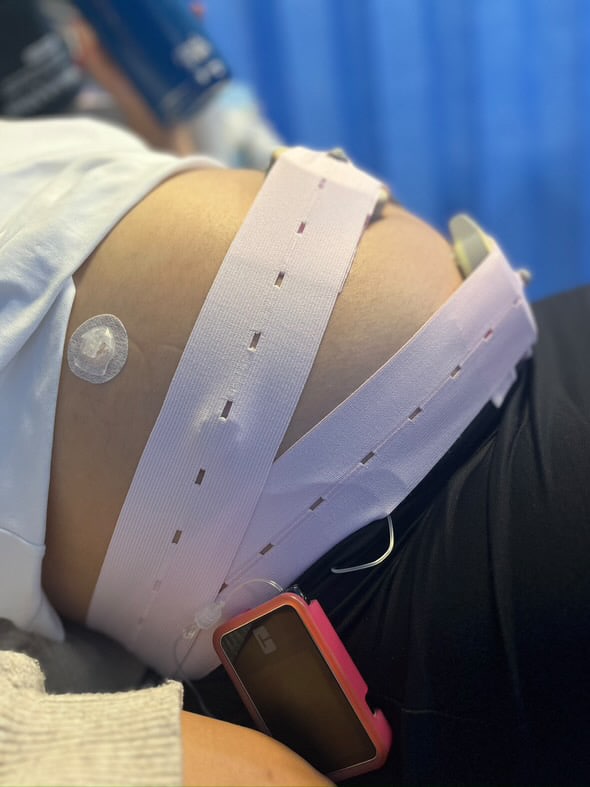
Pre-existing Diabetes and Pregnancy: What You Need to Know
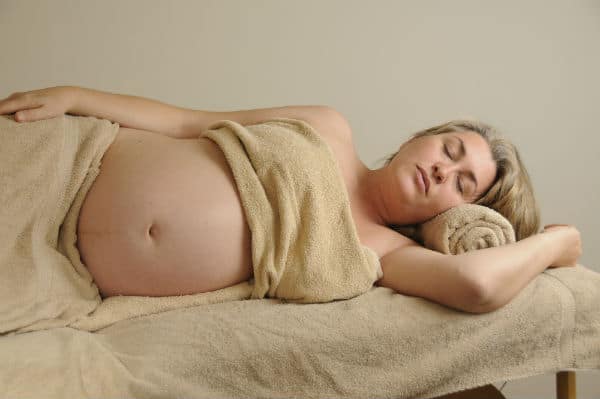
Harnessing the Power of Acupressure: A Natural Approach to Preparing for Birth
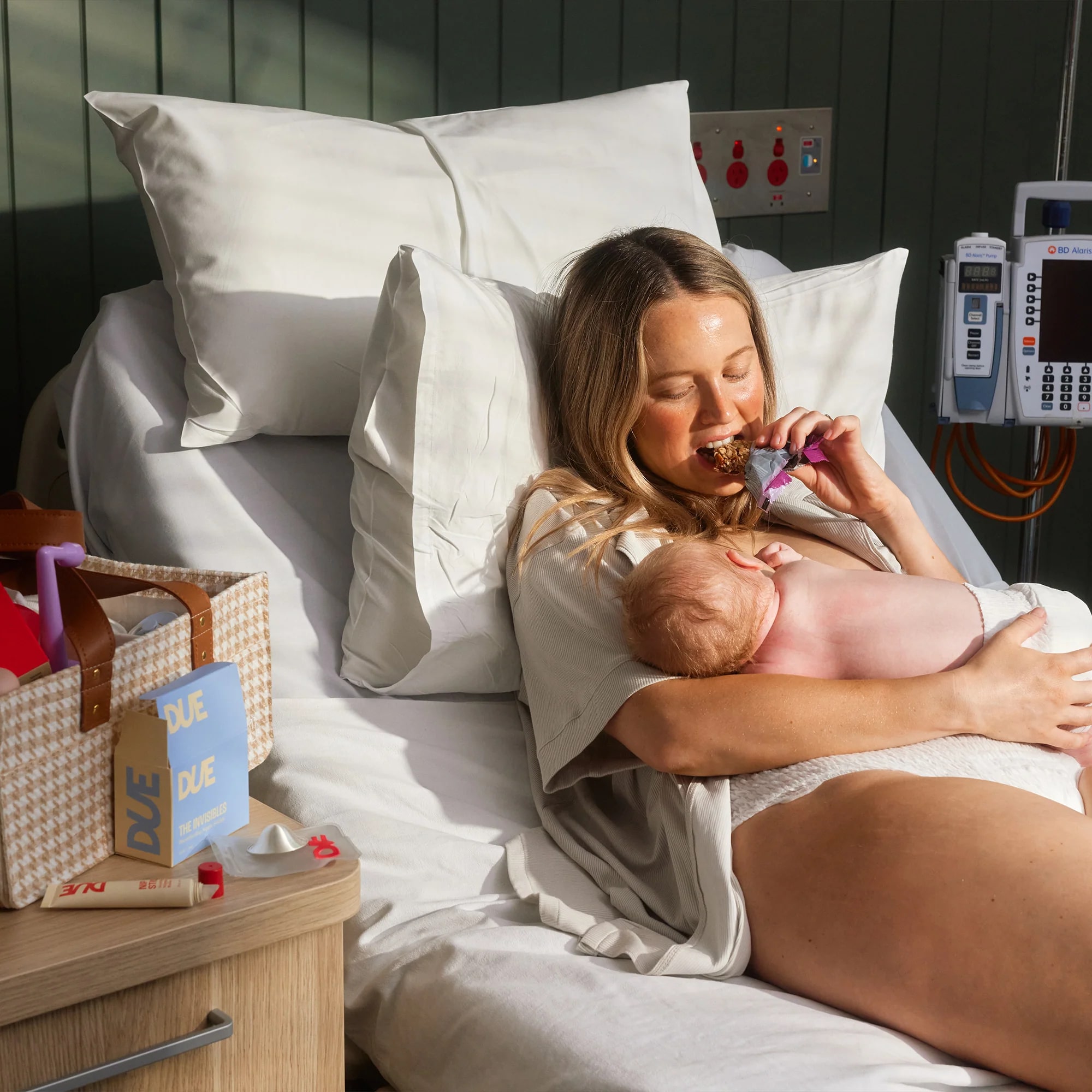
Thoughtful Christmas Gifts for your Pregnant Friend.
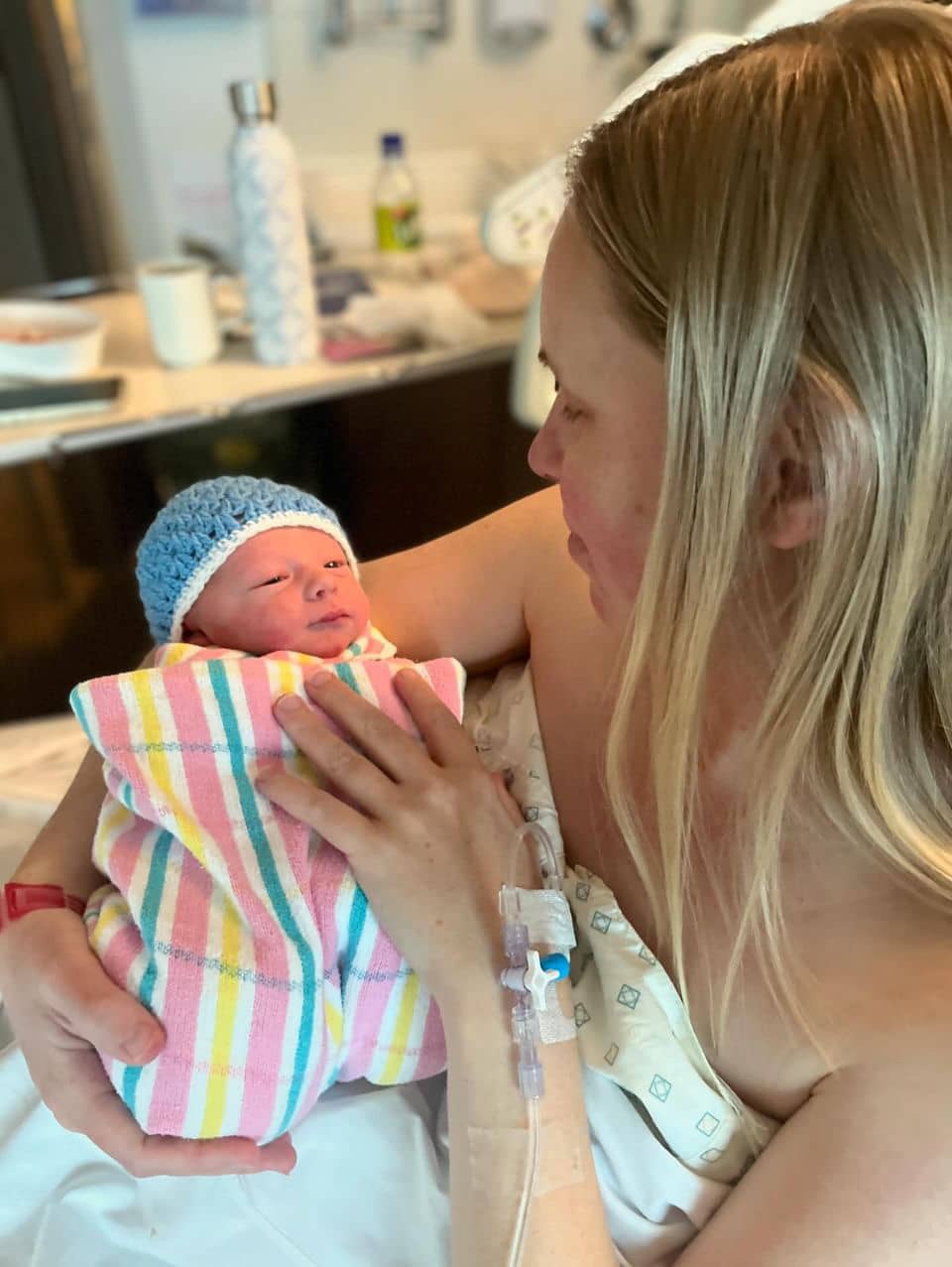
What is Pre-eclampsia?

Non-invasive Prenatal Testing (NIPT)
@AustralianBirthStories
Follow along with us
@AustralianBirthStories
Follow along with us
@AustralianBirthStories
Follow along with us
@AustralianBirthStories
Follow along with us
@AustralianBirthStories
Follow along with us
@AustralianBirthStories
Follow along with us
@AustralianBirthStories
Follow along with us
@AustralianBirthStories
Follow along with us
@AustralianBirthStories
Follow along with us
@AustralianBirthStories
Follow along with us
@AustralianBirthStories
Follow along with us
@AustralianBirthStories
Follow along with us
